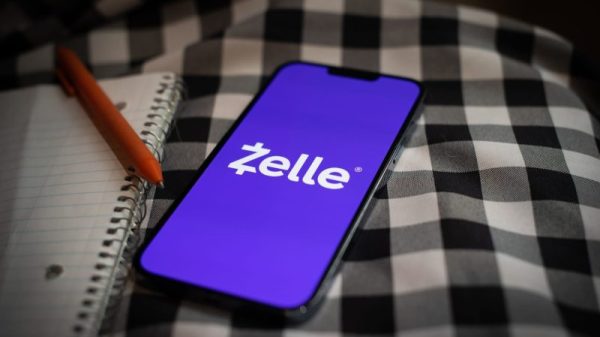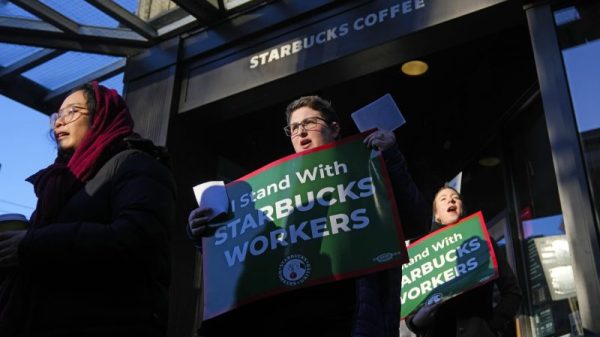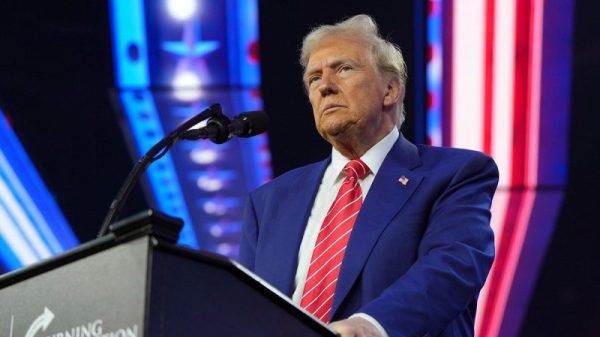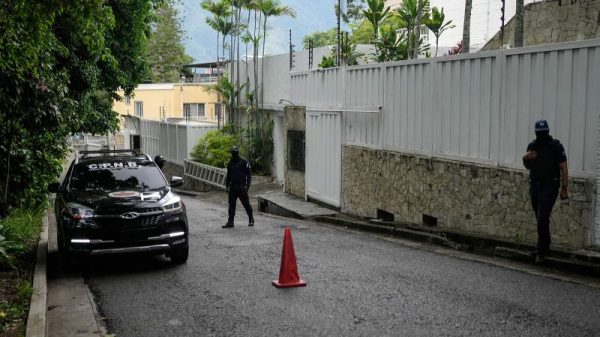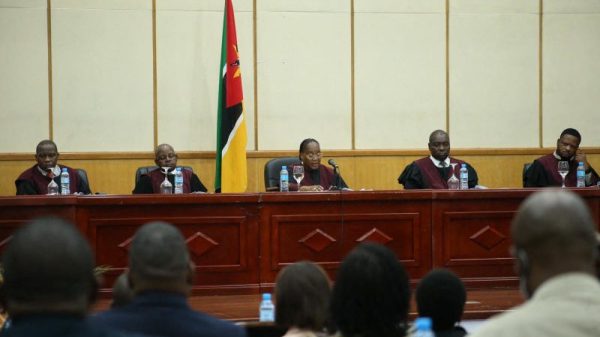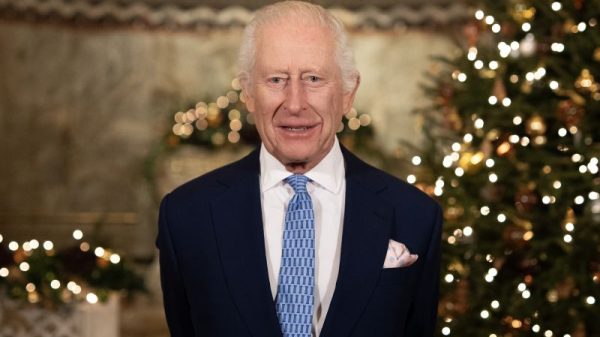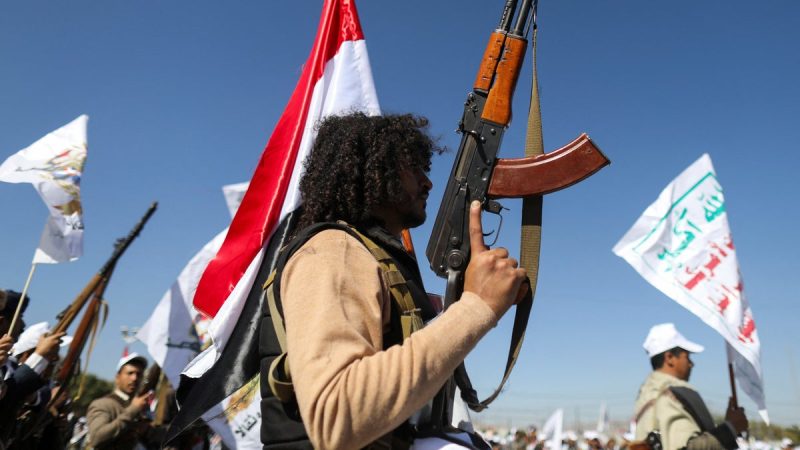In February 2021, Secretary of State Antony Blinken delisted the Yemeni Houthi as both a Foreign Terrorist Organizations (FTO) and as Specially Designated Global Terrorists (SDGT). Now, almost exactly three years later, it’s obvious this was a huge mistake.
Blinken took the Houthi off the list just one month after his predecessor, Mike Pompeo, put them on it. Blinken’s rationale was that terrorist designations didn’t have a practical effect on the Houthi, and that delisting them would make it easier to get humanitarian aid into Yemen, as well as to end the Saudi-Houthi war there, which was a top Biden administration priority.
This unfortunate error needs to be reversed. Delisting the Houthi only encouraged their Iran-sponsored terrorist violence against Saudi Arabia and UAE, with almost no response from the United States.
Now the Houthi have cast themselves as brothers to Hamas, their fellow Iranian proxy terrorists. They’re attacking U.S. Navy vessels and commercial shipping in the Red Sea in retaliation for Israel’s action against Gaza in a manner that will have consequences for Americans here at home.
Exacerbating the humanitarian crisis in Yemen, created by the Houthi, was a concern for the Trump administration as well, and there was robust debate over their designation.
Objections from the State Department on these grounds were strong and sincere, but ultimately the president and secretary decided that the Houthi needed to be called what they were – not militants or rebels, but terrorists who were holding Yemeni civilians hostage and even then posing an intolerable threat to one of the world’s great shipping lanes. Officially designating them as such would enable authorities to take action against them and those supporting them.
Terrorist designations are not messaging devices; they involve a serious interagency process with significant consequences for the groups on the lists.
One of the most severe under the FTO is action against parties that ‘provide material support’ for a terrorist group, which could range from giving them a sandwich or cigarette to providing them with arms and fighters. Recent reports of an American citizen being prosecuted for providing material support for al-Shabab, an African terrorist group on the FTO list, belies the assumption that the designation has no real impact.
In sympathy with Hamas after the Oct. 7 attacks on Israel, Karrem Nasr of New Jersey traveled to Kenya to try to join al-Shabab and wage jihad against America. He was apprehended in Nairobi on Dec. 14 and extradited to the U.S. to face one charge of providing material support to an FTO.
But if Nasr had plotted to join the Houthi instead (which might have been more logical), there would have been no grounds for such a charge as they are no longer designated, and he would have been able to participate in their drone and ballistic missile attacks on vessels in the Red Sea with impunity.
President Biden’s hopes of a diplomatic victory going into the election year in the form of a Yemen peace deal is reportedly why the administration is reluctant to retaliate directly against the Houthi despite their repeated and outrageous provocations.
This reticence may well be why several European partners are not supporting the Pentagon’s Operation Prosperity Guardian, which would purportedly ensure safe passage of commercial shipping through the Red Sea. If the U.S. is not willing to take the strong actions necessary to actually deter the Houthi and their Iranian enablers, the attacks will continue.
While the U.S. Navy is performing admirably, defending against the Houthi’s barrage, time – and money – is against them. The longer Houthi terrorism is tolerated, the more serious disruptions of global supply chains, notably of food and energy, will become.
Shipping through the Red Sea is currently at 50% of its normal capacity. The other half of normal traffic is being routed around Africa, which adds another week to the journey. Shipping costs are projected to rise sharply in January – possibly tripling, by some estimates.
Americans getting back into the office in January may therefore find some nasty surprises both at the pump and at the grocery store. As the incident with the Ever Given, which got stuck in the Suez Canal for six days in 2021, demonstrated, any such disruption has far-reaching effects on supply chains, even those that are not actually transiting the Canal as the increased costs and delays ripple through the global economy.
Rather than prioritize an elusive Saudi-Houthi deal, the Biden administration should recognize what inaction against the Houthi could cost Americans here at home, and so re-designate them as both a FTO and a SDGT, and take the necessary actions to deter them from further violence. If they fail to do so, voters may well decide to hold them accountable.







